Craig K. Collins
Lyons Press is an imprint of Rowman & Littlefield
Distributed by NATIONAL BOOK NETWORK
Copyright 2014 by Craig K. Collins
All rights reserved. No part of this book may be reproduced or transmitted in any form by any means, electronic or mechanical, including photocopying and recording, or by any information storage and retrieval system, except as may be expressly permitted in writing from the publisher.
British Library Cataloguing-in-Publication Information available
Library of Congress Cataloging-in-Publication Data available
ISBN 918-1-4930-0385-3 (hardcover)
eISBN 978-1-4930-1547-4 (eBook)
 The paper used in this publication meets the minimum requirements of American National Standard for Information SciencesPermanence of Paper for Printed Library Materials, ANSI/NISO Z39.48-1992.
The paper used in this publication meets the minimum requirements of American National Standard for Information SciencesPermanence of Paper for Printed Library Materials, ANSI/NISO Z39.48-1992.
To all the victims of American gun violencemore than 100,000 annuallytheir families, loved ones, and communities. I offer this work of prose, meager in the face of an epidemic so vast, with the greatest of humility and respect.
Contents
Chapter One
The shot cracked sharp through the crisp October sky. It echoed once, boomed twice, and tore off into the distance like the fading hiss of a car speeding toward the horizon.
Its first concussive wave had slammed into boulders across the ravine. One thunderous clap raced up an aspen-filled draw toward the top of a 10,000-foot Northern Nevada peak. The other plunged down a creek-carved canyon before spilling onto sage-covered flats a half-mile below, rumbling, nearly spent, through glades of yellow-leafed cottonwoods.
Somewhere, a deer flinched, then froze, waiting for the sound to roll by. A man in an orange vest cocked his head, trying to discern the origin of the shot, certain that one of his fellow hunters had encountered good fortune.
And then silence. Aspen quaked gold. The sage was riffled by an autumn breeze. The sun blazed cool amid some gathering clouds.
My ears rang as though someone were holding up a tuning fork. The high-pitched whine consumed me. I had been sitting on the ground, my back propped against a large boulder with my legs stretched out during a break in my trek through rugged deer country. My .30-30 Winchester lay on my lap. It was just like the one Chuck Connors had wielded so deftly in The Rifleman . My grandfather had reluctantly given it to me after some prodding by my dad. Hed had misgivings about arming a thirteen-year-old with a high-powered deer rifle. My dad? Not so much.
Trembling, I leaned forward to inspect my foot.
Moments before, Id plopped down against an inviting rock nestled amid the sage and bitterbrush. Bored, Id decided I should make sure I had a full complement of bullets loaded into my gun. And, just like the Rifleman, I had cocked the Winchesters lever-action handle. An unspent shell flipped out of the chamber, twirled through the air, and landed in the dirt. Concurrently, a lever had pushed back the guns hammer while simultaneously sliding a new shell into the chamber. I was fascinated by the ingenious mechanicsa series of interconnected metal parts that functioned like a compact Rube Goldberg device. Id cocked again. Another shell had flipped out of the chamber and onto the dirt. And again, the hammer was cocked back. It coiled above the firing pin, which was designed to be about as stable as a mousetrap. The slightest pressure, the smallest jiggle, would release the hammer, which would slam into the firing pin, which would pierce the brass primer, which would spark the gunpowder-filled brass casing, which would flame in a contained violent explosion, which would hurl a one-third-ounce lead slug out of the muzzle at roughly two and a half times the speed of sound.
Id cocked the lever once more. Another shell flipped skyward. My index finger had carelessly slipped off the trigger guard. Id snapped the lever back into position, and the trigger guard had clamped a small sliver of skin between it and the trigger. Time slowed. The brass shell gleamed gold as it hung in midair. My finger jerked. My mind said, No. The trigger tensed. A spring clicked. The hammer slammed. The shell exploded. The barrel jumped. The trigger went limp. The shot echoed. My ears rang.
In the days and months and years since, I have often pleaded to have that moment back. I have startled awake from a nap or winced during a daydreamalways reaching my hand into the cold, rushing stream. Always with my fingers outstretched. Always hoping to grab a fistful of water. Always hoping to stop time. But the brass shell never freezes in midair. My finger never avoids the trigger. The muzzle never moves away from my boot. Rather, the seconds hurtle onward. And I am always left sitting, stunned, with a high-pitched whine in my ears, wondering what happened to the bullet.
Ah, yes, the bullet.
My eyes widened. My chest tightened. My stomach knotted. I waited for a rush of pain. And waited. And waited.
It didnt come.
Maybe Id missed. Maybe the slug had slammed harmlessly into the dirt.
Maybe.
I hoped it was so. And then I breathed. I squinted warily at my hunting boot, afraid of what I would surely see. I knew the damage a .30-30 could inflict. I expected to witness half a foot dangling from a shredded ankle. Instead, my intact boot was still propped leisurely on a rock, seemingly no worse for the wear. I leaned closer. Nothing was amiss, aside from an almost imperceptible tear in a seam on my dust-covered leather uppers.
But still, a calm terror gripped me. I was like a fugitive looking for an escape, for an explanation, for a slug in the dirt. My chest was still tight, my stomach nauseous. I wasnt fully convinced of any good fortune. I wasnt sure Id literally dodged a bullet. And then the bottom of my right foot began to tingle. It felt like Id stomped hard on a concrete sidewalk. Perhaps that was from the shock of the gun going off so close. Perhaps the bullet had hit a rock and ricocheted harmlessly into the sole of my boot.
Perhaps.
Chapter Two
My dad, brother, stepbrother, and I had been up at dawn for what had proven to be an eventful opening day of deer season. By 7:30 a.m. we had downed a large doe with a clean shot behind the shoulder blade. This entailed field-dressing our quarry before hefting it a half-mile back to camp.
By mid-morning, we were back at it, hiking along a high ridge, when my stepbrother, who was sixteen, spotted a magnificent five-point buck a hundred yards off, lying stealthily amid a thicket of brush. My stepbrother slowly kneeled, pulled the butt of his .30-06 snug to his shoulder, fixed the scopes crosshairs on his prey, exhaled nervously, and gingerly squeezed the trigger. The explosion lifted the guns barrel into the air and jerked my stepbrothers shoulder violently. The big buck jumped, instinctively clambering to its feet. It stood, quivering. Without a fight, it sank to its fore knees, dropped its heavy antlered head to the ground, and huffed its last breath into the dry Nevada dust.


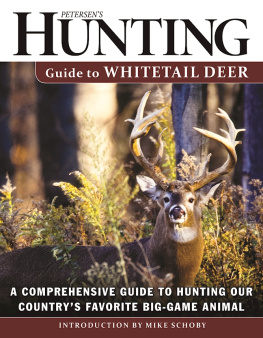
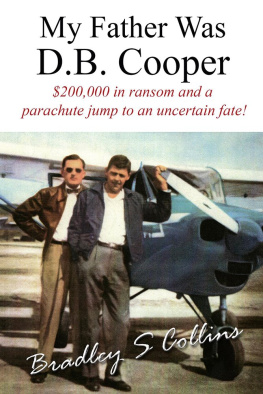
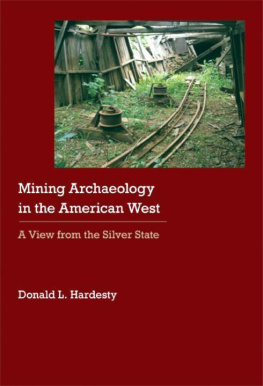
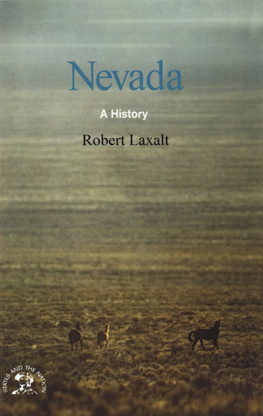
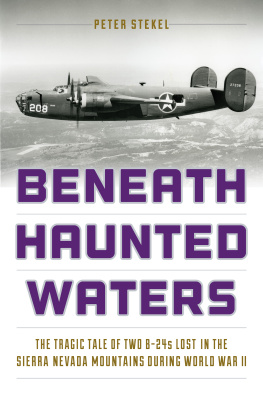
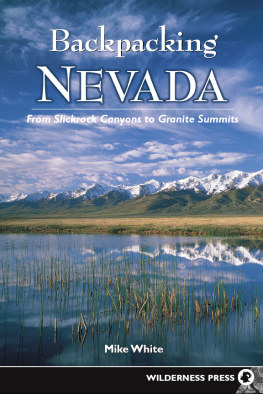
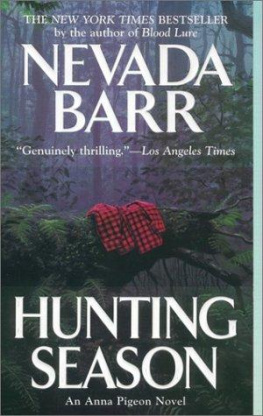
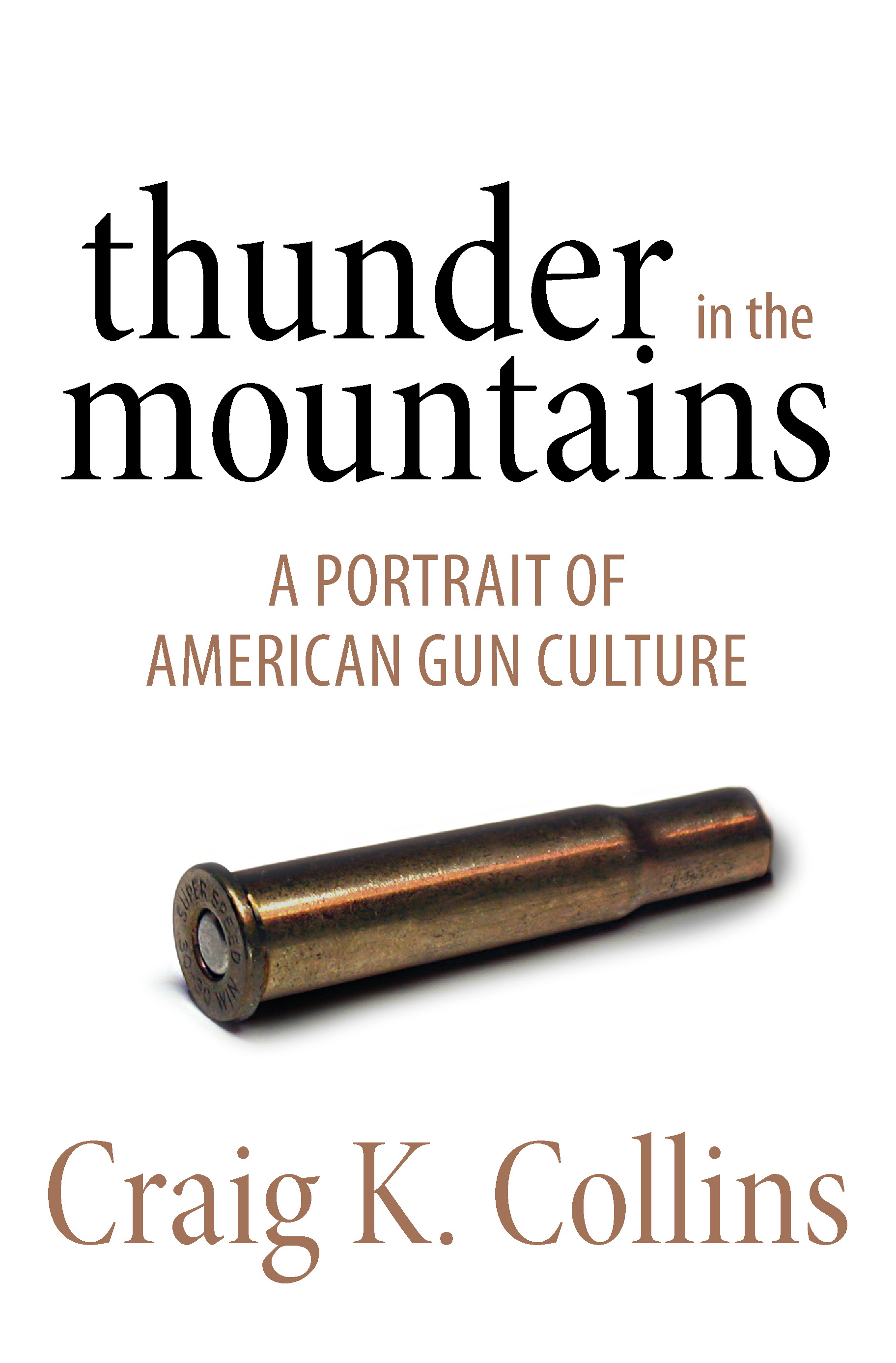
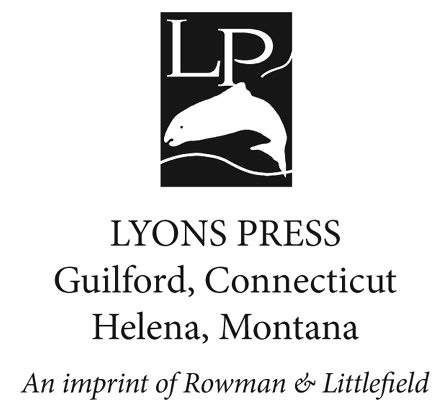

 The paper used in this publication meets the minimum requirements of American National Standard for Information SciencesPermanence of Paper for Printed Library Materials, ANSI/NISO Z39.48-1992.
The paper used in this publication meets the minimum requirements of American National Standard for Information SciencesPermanence of Paper for Printed Library Materials, ANSI/NISO Z39.48-1992.